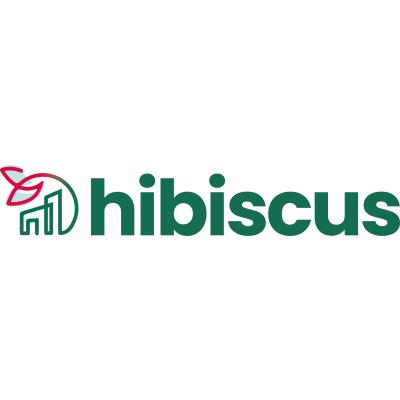
HIBISCUS
HIGH-PERFORMANCE CIRCULAR AND BIO-BASED MATERIALS IN THE CONSTRUCTION AND BUILDING SECTOR

HIGH-PERFORMANCE CIRCULAR AND BIO-BASED MATERIALS IN THE CONSTRUCTION AND BUILDING SECTOR
The construction industry is a significant source of pollution, greatly contributing to greenhouse gas emissions and waste. The environmental impact of traditional petroleum-based materials needs to be limited by accelerating the implementation of greener solutions. The HIBISCUS project aims to help greening the construction sector by replacing fossil-based materials with innovative bio-based alternatives.
The project focuses on developing and demonstrating five new bio-based construction materials, for waterproofing, insulation and carpentry. These materials will contain up to 80% bio-based components and improve environmental performance by 25%. To achieve this, the HIBISCUS project will use bio-based feedstocks, such as waste cooking oil, pine tree resin, carbohydrates, and lignin, as well as recycled product streams.
The new materials will be tested at a pilot scale to demonstrate their effectiveness and scalability, aiming to achieve a 10% European market share for bio-based materials within five years . This will improve sustainability, environmental profiles, and regulatory compliance, while also supporting the EU's goals of reducing carbon emissions and promoting a circular economy in the construction sector.